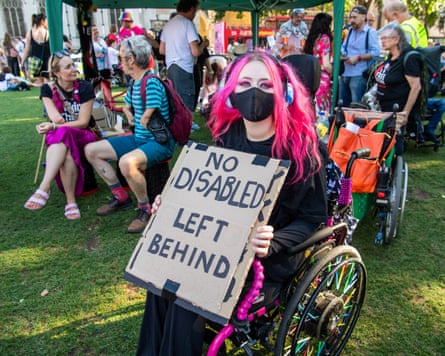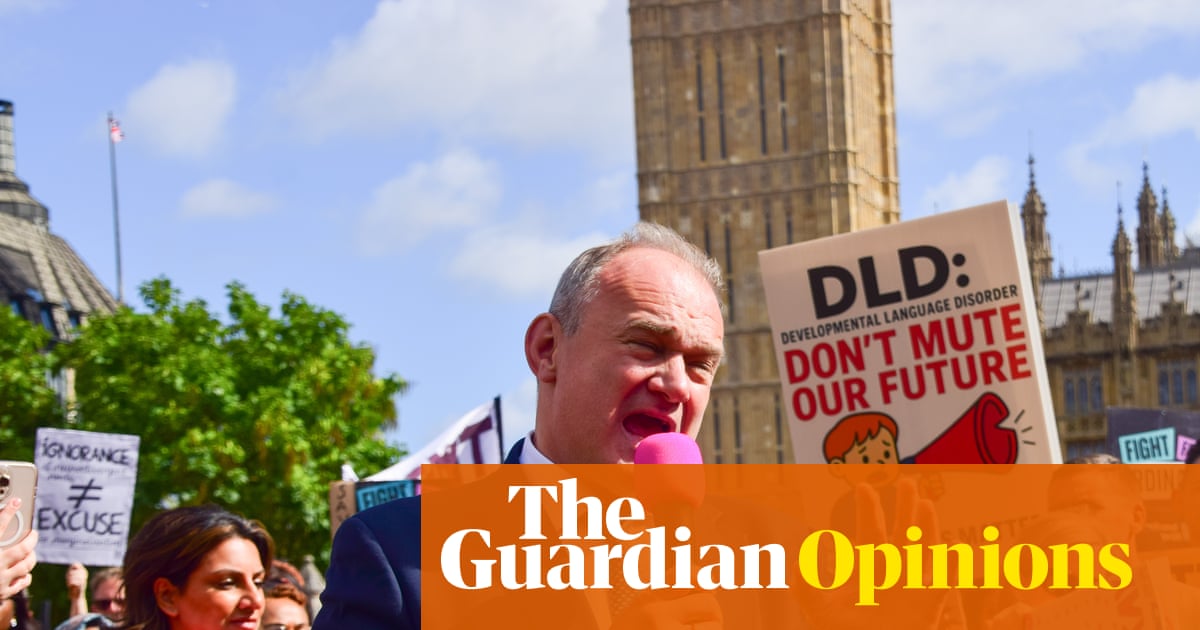Downing Street’s plans to see off a major Labour welfare rebellion were in chaos on Monday night, amid continued brinkmanship between MPs and the government over the scale of the concessions.
There was significant division between government departments over how to respond to rebels’ demands – with seemingly little idea how to quell continuing anger ahead of the knife-edge vote on Tuesday.
The select committee chairs Meg Hillier, Debbie Abrahams, Sarah Owen and Helen Hayes were among MPs in the House of Commons chamber who were publicly expressing doubts that the concessions agreed last week go far enough.
One senior MP organising the Labour rebellion said a statement from Liz Kendall, the work and pensions secretary, on the promised compromises was a “disaster and raised more questions than it answered”.
Other MPs who had previously backed an amendment by Hillier said they would now back the bill at its second reading, but would vote against it after that if their questions still were not answered.
A new reasoned amendment designed to bring down the bill is thought to be backed by about 35 Labour rebels, though organisers suggested more planned to add their names. Including MPs from other parties, the amendment has 62 backers.
Rachael Maskell, one of the most vocal critics of the welfare plans, said more were expected to add their names to the amendment, though 83 Labour MPs would be needed to defeat the government majority. The amendment raises new concerns about the changes and has been backed by 138 disability groups.
“It was falling apart in the Commons today because MPs were exposing so many holes in the government’s plans,” Maskell told the Guardian. “The faces of MPs said it all. The [upcoming] Timms review shows even more inconsistency on sequencing.
“The prime minister talked about ‘noises off’ but what we’re doing is raising the voices of disabled people. It was them he was treating with contempt.”
The number of Labour signatories to the new amendment suggests that, unless significantly more join them, the government may have managed to curtail the rebellion sufficiently to get it through its first parliamentary hurdle.

More than 120 MPs had initially threatened to rebel on the legislation by signing an amendment tabled by Hillier. But last week the government offered significant concessions, including that current claimants would not be affected by the cuts and offering a review into disability benefits led by the minister Stephen Timms, co-produced with disabled people.
Whips had initially believed the rebellion would now be contained to about 50 MPs. But dozens of MPs expressed alarm on Monday that the promised Timms review had a “pre-determined” outcome and would only report after the new, tougher system kicked in.
One party source said in frustration: “This is like the Brexit rebellions – they don’t know when to take yes for an answer.”
On Monday night, whips were frantically trying to shore up support on the Labour benches, including among those who had negotiated the tweaks last week. Officials said they were not ruling out further changes ahead of the crunch vote on Tuesday. The Conservatives have confirmed they will vote against the bill.
The backlash comes as new impact assessment has found that 150,000 people could still be pushed into poverty by Downing Street’s welfare measures, despite the change to protect those already on the benefits.
On Monday, 86 disability and human rights groups put out a joint statement urging MPs to vote down the bill despite the protections for existing claimants, including Scope, Mind, the Trussell Trust, Sense, the Joseph Rowntree Foundation and Oxfam.
The Guardian understands Kendall had been examining whether to make an offer that new claimants denied under the amended system from November 2026 could have their case re-examined after the outcome of the review. However, that has since been abandoned.
The Timms review was another key concession extracted by the rebels but the MPs who negotiated with the government last week said they believed it was not being properly fulfilled.
Abrahams, the chair of the work and pensions select committee, said it was impossibly constrained and said she would vote against the bill on that basis.
The timing of the review is a key cause for concern. It will report in autumn 2026 – the same time as the Pip changes are scheduled to take effect – which MPs said risked a “three-tier” system, including those new claimants assessed pre- and post-Timms review.
Ministers are understood to have stressed to MPs that the review could report sooner – but the timing was in the hands of the disability groups involved in the review in order for it to be a genuine co-production.
A number of key rebels – including the Treasury select committee chair Hillier – had initially been won over by promises to exempt current disability claimants from the changes and to increase the health element of universal credit in line with inflation.
But speaking in the chamber, Hillier also expressed concerns about the review – a key ask of the Labour rebels. A number of other MPs who had signed an amendment opposing the bill also said they remained concerned, including Vicky Foxcroft, Yuan Yang, Derek Twigg, Maskell and Chi Onwurah.

Marie Tidball, one of the few disabled MPs in parliament, said she could still not support the plans. “Having no public consultation on these plans excludes the voices of disabled people,” she said.
Speaking in the chamber, Abrahams said the review could not be truly co-produced with disabled people if it had a predetermined outcome. “If this is being truly co-produced with disabled people in their organisations, the review should determine both the new process, the new points and the new descriptors, and we shouldn’t predetermine it at four points,” she said.
In response, Kendall said the government was committed to a review but added: “The four-point minimum will be in place for new claimants as we look to make changes for the future.”
No 10 said the measures were still essential to change the system and to prevent the welfare bill from escalating – though the changes promised last week will cost the Treasury an extra £3bn.
In the impact assessment written after the changes, officials said there would now be a “negligible” impact on child poverty, which had been one of the key concerns in the original measures.
But it found that an additional 150,000 people could be pushed into relative poverty by 2030 because of changes that would affect future claimants. The original cuts would have pushed an additional 250,000 into poverty.
Keir Starmer’s spokesperson said the poverty modelling was “subject to uncertainty” and would not take into account the extra investment in health and social care.
The spokesperson added that the government was confident the measures affecting future claimants were legal. “It’s not unusual for systems to operate at different levels, but yes, we’re entirely confident it will be legal,” he said.

 2 months ago
50
2 months ago
50

















































